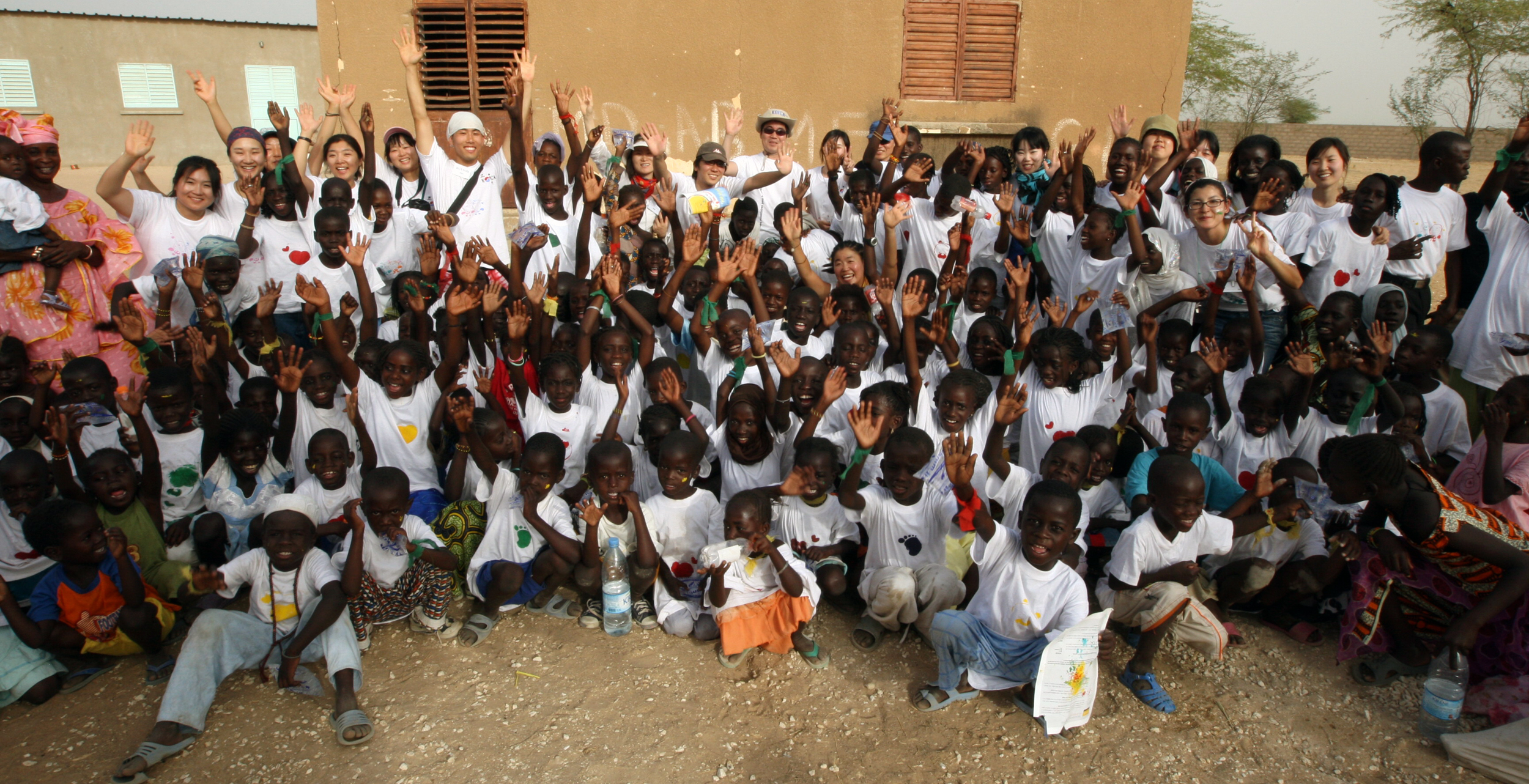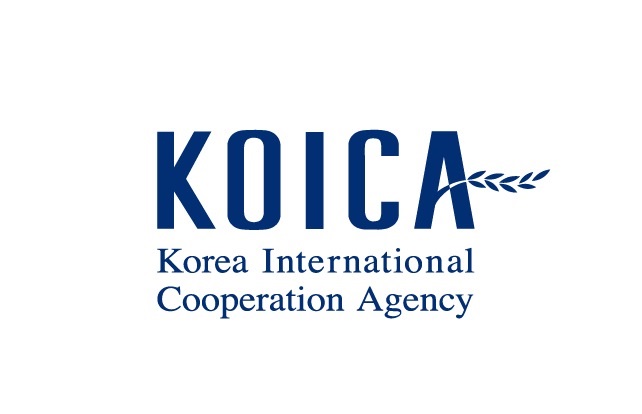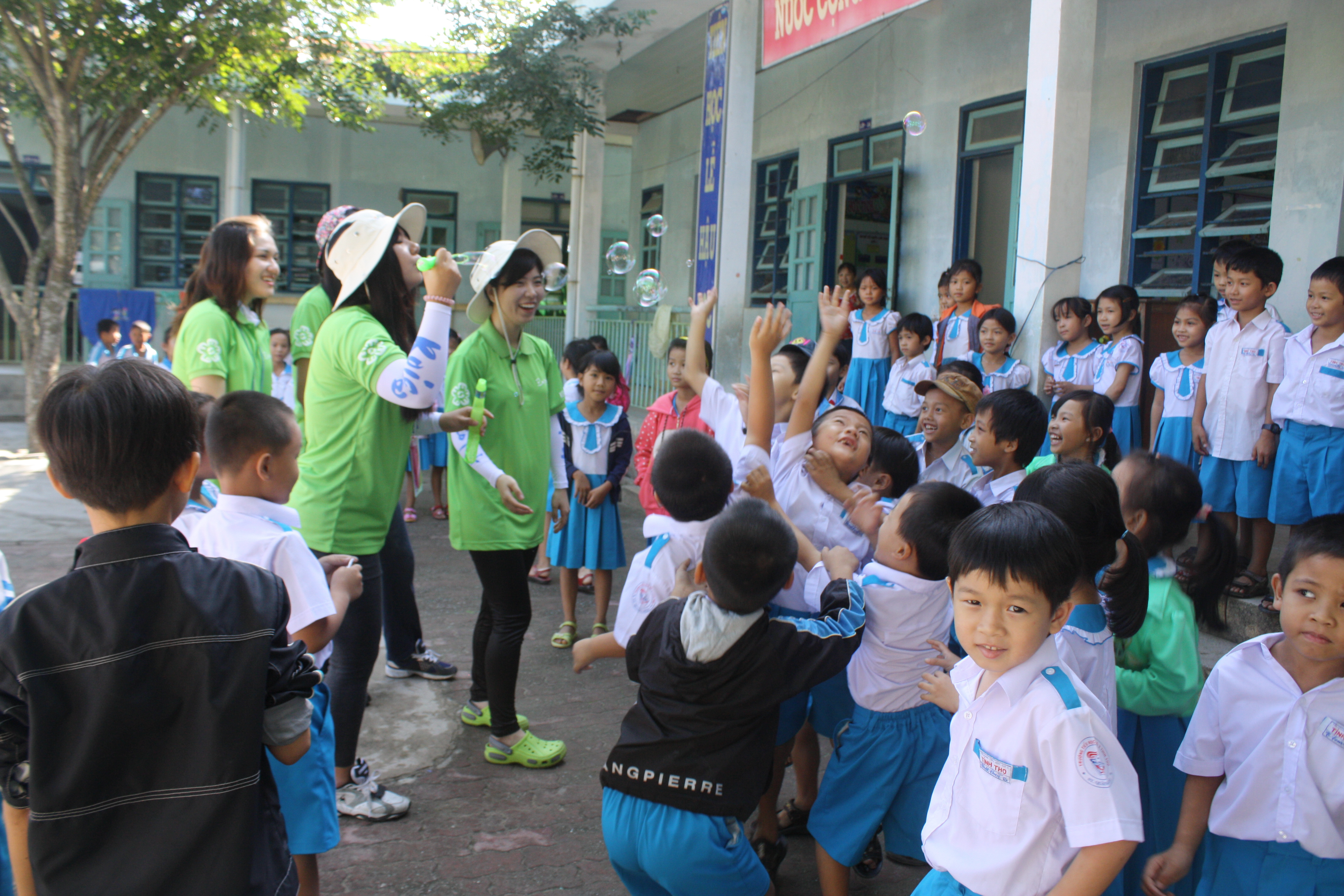
Many countries cooperate with each other for mutual development. OECD member countries, including Korea, and international organizations such as the World Bank and the UN have cooperated with developing countries for mutual development. Through development assistance, developing countries can develop their political and economic abilities, and developed countries can expand their export markets and get many resources. They can also build political and diplomatic relationships. The Korean government has implemented official development assistance through the Korea International Cooperation Agency (KOICA) since 1991. Therefore, the Gazette will introduce the Korea International Cooperation Agency in this edition.

The Korea International Cooperation Agency
The Korea International Cooperation Agency (KOICA) was established in April 1991. It is an organization under the Ministry of Foreign Affairs which conducts official development assistance and supports economic and social development in developing countries. Enhancing the relationship between Korea and developing countries is the main purpose of KOICA. KOICA provides development assistance in four regions: the Asia-Pacific region, Africa, Latin America, and the Middle East and Central Asia.
The Asia-Pacific region is geographically close to Korea, so this region is a priority among the four regions. The Asia-Pacific region is again divided into regions: Southeast Asia such as Vietnam and Cambodia, Southwest Asia such as Sri Lanka and Bangladesh, and the Pacific region such as Fiji and Vanuatu. According to the income level and specific demands of each country, various development programs such as human resources development, rural development, and an improvement in health are provided in the Asia-Pacific region.
The Africa region consists of 54 independent countries and is a region that has high potential because of population growth and rich natural resources. Therefore, KOICA assists economic and social development in the region. In particular, it supports sub-Saharan African countries that have urgent development needs. The primary areas in Africa are health, education, and rural development.
Although 80% of Latin American countries are classified as middle income countries, more than one quarter of their populations are struggling to survive with a daily income of less than two dollars a day. To decrease this income gap, KOICA provides the poor in Latin America with economic support. For example, Bolivia is the poorest country in Latin America, but it has rich resources such as oil and natural gas. The main industries in Bolivia are agriculture and mining, but Bolivia is still not industrialized, so economic development is slow. Therefore, KOICA provided an institute to train experts in agriculture. In addition, it helps disadvantaged people such as women and children through development programs in education and health. Latin American countries have a serious public safety problem, so KOICA supports the establishment of public safety systems in countries such as Guatemala and Honduras.
Lastly, the Middle East and Central Asia is an important region in terms of energy, resources diplomacy, and economic cooperation. Many conflicts occur in the Middle East, such as in Iraq and Palestine, so KOICA supports national rebuilding and helps countries in the Middle East establish policies related to their development. Central Asian countries such as Uzbekistan and Kazakhstan also have difficulty in developing their economies, so KOICA helps each government implement liberal economic policies and policies for economic development.
The Fields of Activity of KOICA
KOICA provides development assistance in developing countries in six fields: education, health, public administration, rural development, industry and energy, and international issues including the environment, human rights, and gender.
First, KOICA helps school age children receive an education and helps illiterate adults understand basic writing and numbers. It also provides the unemployed with vocational training. Moreover, it improves the educational environment through constructing and extending educational facilities like schools and providing educational materials.
In the field of health, KOICA contributes to the development of health policies and building medical institutions to decrease the death rate of mothers and infants and to decrease infectious diseases such as AIDS and malaria.
In the field of public administration, KOICA supports the establishment of economic development strategies for the growth of developing countries without the assistance of developed countries in the future.
In the field of rural development, it supports the development of agricultural land, waterworks, and sewerage facilities to improve the productivity and income of farmers in developing countries on the basis of the Korean rural development model.
In the field of industry and energy, establishing infrastructure such as transportation and the development of energy resources are important to developing countries’ independent development. Therefore, KOICA also supports this.
Finally, KOICA also supports international issues such as the environment, gender equality, and human rights.
The Development Programs of KOICA
To decrease the poverty rate and develop developing countries’ economies and societies, KOICA has implemented six development programs: the Development Experience Exchange Program (DEEP), the Capacity Improvement and Advancement for Tomorrow (CIAT) program, an overseas volunteer program, a humanitarian assistance and disaster relief program, and a civil cooperation program.
The Development Experience Exchange Program (DEEP) is a cooperation program in which KOICA provides material aid such as construction equipment and experts. Moreover, KOICA invites technicians and researchers from developing countries to Korea and trains them for from two to five years in the International Cooperation Center (ICC) in Seoul. This program was introduced in 1991 when KOICA was first established. Since the mid-1990s, many hospitals and vocational training centers have been constructed using construction companies in developing countries, and KOICA has sent only equipment and experts to these countries.
Capacity Improvement and Advancement for Tomorrow (CIAT) is KOICA’s global training program that trains talented people from developing countries in Korea. This program is for public officials, technicians, researchers, and policy decision makers in developing countries. The number of trainees who have participated in this program is 50,000.
The overseas volunteer program is a program that the public can participate in. Volunteers are from various fields such as education, health, and rural development. The volunteers are sent for two years, including eight weeks to adapt to the country. There are 34 countries in the Asia-Pacific region, Africa, Latin America, and the Middle East and Central Asia. If people are more than 20 years old and have Korean nationality, it is possible to apply for the field of general volunteers. In the case of senior volunteers, people who are more than 50 years old and have work experience of ten years can apply. To be volunteers, applicants have to pass three steps. First, major, work experience, and qualifications are examined. After passing the first step, applicants have an interview. If applicants pass the interview and the physical examination and credit check, they are appointed volunteers.
The humanitarian assistance and disaster relief program provides emergency relief for natural disasters such as earthquakes and typhoons. KOICA dispatches the Korean Disaster Relief Team to damaged countries when a country or an international organization requests the support of the KDRT.
The civil cooperation program supports the activities of NGOs that make an effort to decrease the poverty rate and improve welfare in developing countries. In addition to this program, there is also the business partnership program in which companies participate in the economic development of developing countries. For example, Hyundai Motor Company trains 100 students in Ghana every year. If they are skilled, Hyundai employs them in a Hyundai auto repair shop in Ghana.

Diplomatic relations with developing countries are important and advantageous to Korea because we can have political and economic advantages. KOICA performs activities for this purpose and supports various development programs. KOICA was established to help developing countries’ political, economic, and social development. It will continue to cooperate with developing countries to help them grow without the assistance of developed countries.








